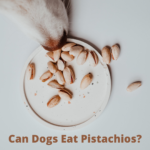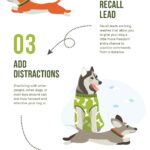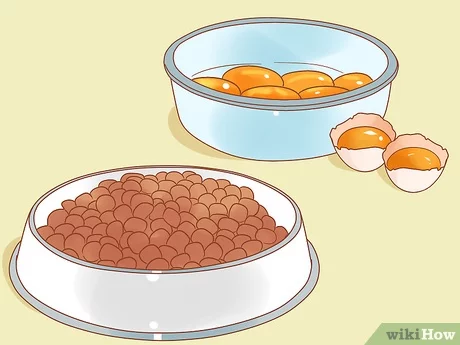How Often Do Dogs Need Parvo Shots
When it comes to keeping our beloved furry friends healthy, one of the most important things we can do is ensure they receive all necessary vaccinations. Parvo, short for canine parvovirus, is a highly contagious virus that can be deadly if left untreated. As a responsible dog owner, it’s important to know how often your dog needs parvo shots to keep them protected.
Parvo is spread through contact with infected dogs or their feces, and can also be transmitted through contaminated surfaces such as food and water bowls or kennels. Puppies and unvaccinated dogs are particularly vulnerable to the virus, which attacks cells in the body that are rapidly dividing such as those in the intestines and bone marrow.
The good news is that there is an effective vaccine available to protect dogs against parvo. The vaccine works by introducing a small amount of the virus into the dog’s system, which triggers an immune response without causing illness. This helps the dog build up immunity to the virus so that if they come into contact with it later on, their body will be able to fight it off.
So, how often do dogs need parvo shots? The answer depends on a few factors.
Firstly, it’s important to understand that there are different types of parvo vaccines available. Some are given as a single shot while others require multiple doses. The type of vaccine your dog receives will depend on their age and overall health status.
For puppies, the first parvo shot is typically given at around 6-8 weeks of age. They will then need booster shots every 3-4 weeks until they reach around 16 weeks old. After this initial series, adult dogs will typically only need a booster shot once a year or every three years depending on the specific type of vaccine used.
It’s important to note that not all veterinarians follow the same vaccination schedule. Some may recommend more frequent boosters while others may recommend less. It’s important to discuss your dog’s individual needs with your veterinarian and follow their recommendations for vaccination.
In addition to regular vaccinations, there are other steps you can take to protect your dog from parvo. These include:
– Avoiding contact with infected dogs or their feces
– Keeping your dog’s living area clean and disinfected
– Washing your hands thoroughly after handling other dogs or visiting areas where dogs congregate such as parks or kennels
– Watching for symptoms of parvo such as vomiting, diarrhea, loss of appetite, and lethargy.
While the thought of your furry friend contracting a serious illness like parvo is scary, taking the necessary steps to protect them can give you peace of mind. By following your veterinarian’s recommendations for vaccination and practicing good hygiene habits, you can help keep your dog healthy and happy for years to come.
In conclusion, ensuring that your dog receives regular parvo vaccinations is an essential part of responsible pet ownership. The frequency at which they need these shots will depend on their age and overall health status, but working closely with your veterinarian can help ensure they receive the protection they need. By taking proactive steps to prevent the spread of parvo and staying vigilant for signs of illness in your furry friend, you can help keep them safe and healthy for many years to come. And who doesn’t want that? After all, our pets are members of our family – they deserve nothing but the best!



